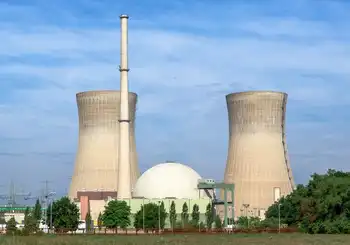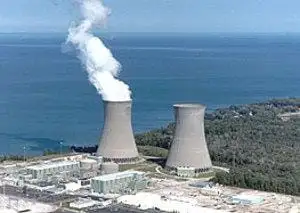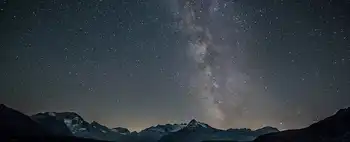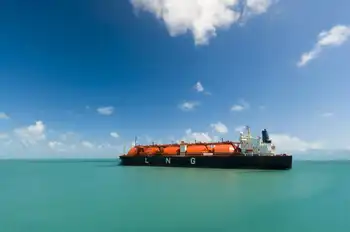Israel may stop IPP tenders in private sector
- The Israeli government may stop running IPP (independent power producer) tenders for producing electricity in the private sector, according to the accountant general, Yaron Zelekha.
The method turns to the private sector to build and operate power plants, usually through the BOT (build operate transfer) or BOO (build operate own) options, but with a commitment from the Israel Electric Corporation to buy the power produced.
Zelekha said this week that the method has been widely discredited now throughout the world. He said he sees no reason to pursue this policy of encouraging power production in the private sector, which ends up more costly for the state-owned electricity utility, and therefore more costly to the end consumer.
IPP tenders do not encourage the private sector, Zelekha argued, as the winner of the tender is not interested in forging competitive practices, such as cutting costs, but simply getting his cut from the IEC. "The one building the power plant for the IEC and for the private producers is mainly Siemens," he said, referring to a large global player in the energy market, "so we are really talking about an additional middleman for Siemens."
Zelekha said the government had commissioned Credit Suisse to advise it on how to promote competition in the energy sector. Credit Suisse concluded that the IPP tenders should be dropped; instead, the government should split the IEC into separate production units, which should then be sold off.
The government has issued only one IPP tender for a power plant in the Rotem plains. The tender process has not yet been completed.
Related News

Net-Zero Emissions Might Not Be Possible Without Nuclear Power
LONDON - Declining solar, wind, and battery technology costs are helping to grow the share of renewables in the world’s power mix to the point that governments are pledging net-zero emission electricity generation in two to three decades to fight global warming.
Yet, electricity grids will continue to require stable baseload to incorporate growing shares of renewable energy sources and ensure lights are on even when the sun doesn’t shine, or the wind doesn’t blow. Until battery technology evolves enough—and costs fall far enough—to allow massive storage and deployment of net-zero electricity to the grid, the systems will continue to need…




